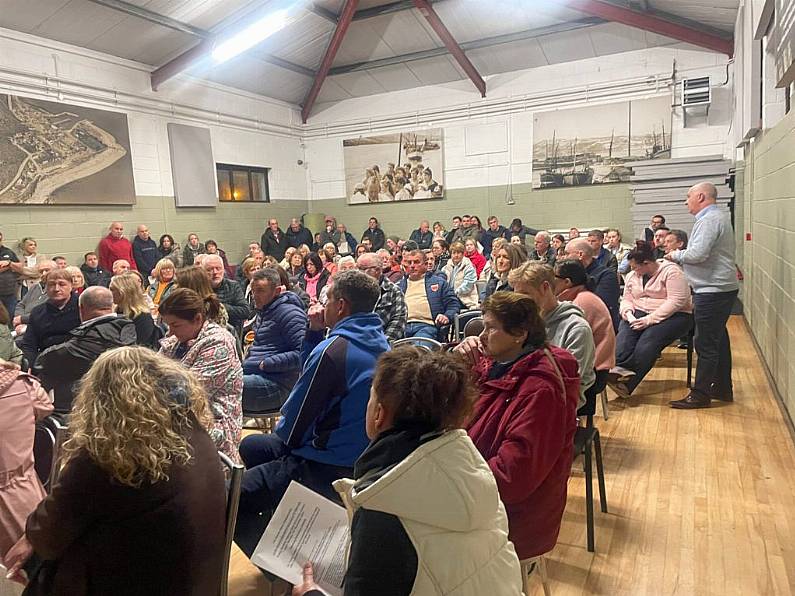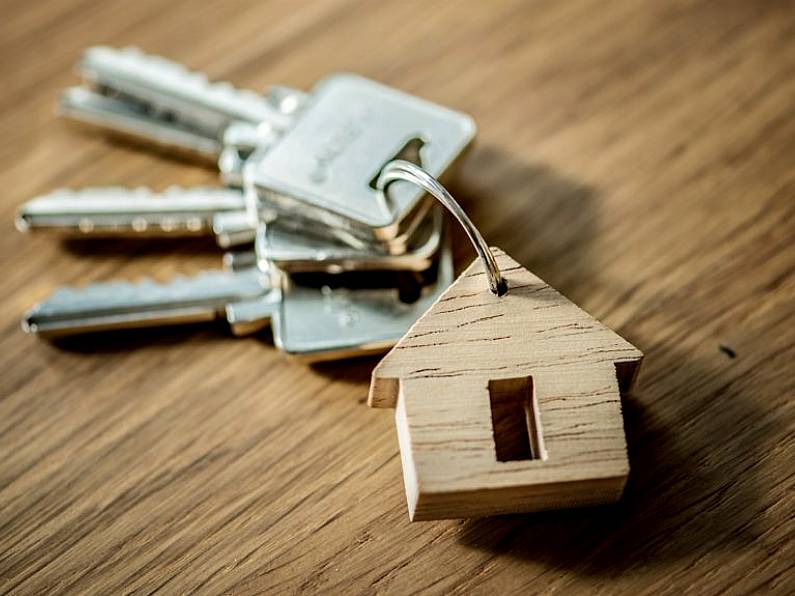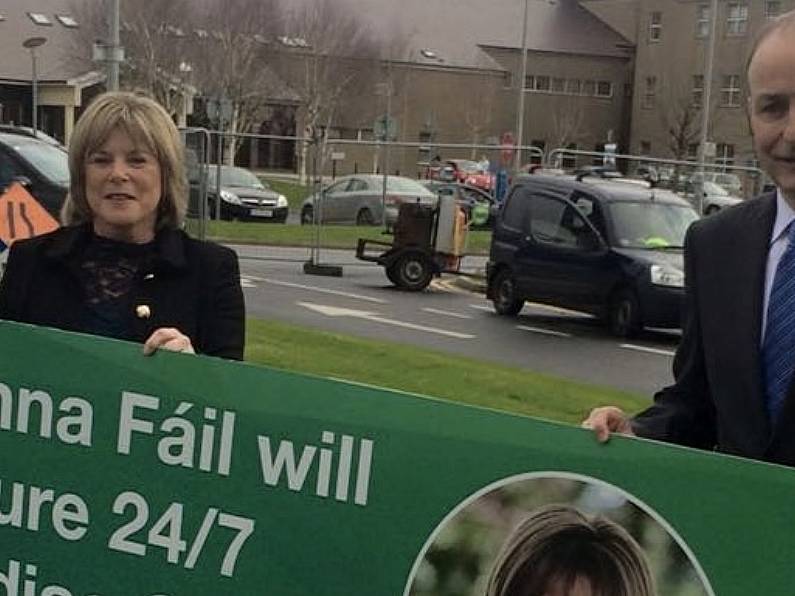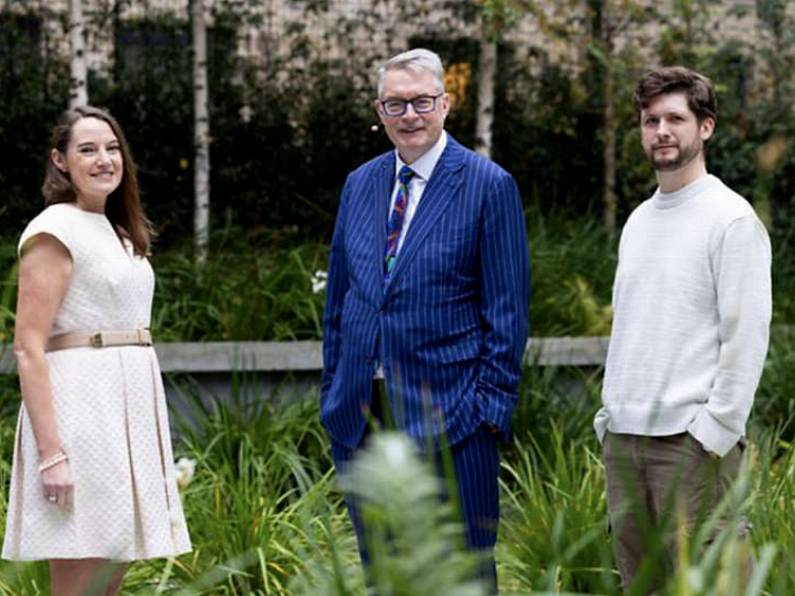Ireland’s younger generation is still immersed in “lad culture”, with younger women having to regularly deal with serious and often intimidating behaviour from men.
That is one of the findings to emerge from a research project by Safe Ireland on attitudes towards gender equality and domestic abuse.
While young women acknowledge that not all young men are “lads”, they worry that they may become “macho” men when they become older and there is a possibility of some becoming abusive partners.
“This research is a bit of a wake-up call to any cosy notion that Ireland’s new generation has moved beyond ‘macho’ or ‘jock’ culture,” said Safe Ireland’s Caitriona Gleeson.
The study also found that some of the most traditionalist views on the roles and responsibilities of men and women were expressed by younger people.
Over a quarter of young men (27%) aged 16-25 believe that a man should act as head of the household, while 25% of all under-25s believe men should earn most of the money to support a family. Almost one in five (22%) of all adults hold this view, rising to 30% of adults aged over 65.
The national agency that is working to end domestic abuse and coercive control in relationships found that almost one in six adults (16%) — increasing to one in five men (20%) — believe women might provoke abuse against themselves.
It emerged that while young women regard ‘lad culture’ as a big issue, older men, who were all parents, regard it as just “natural jostling and bravado”.
Older women, again all parents, said that young men could also be vulnerable to the way girls might dress or act.
One in four people (25%) believes that domestic violence is a private matter, a view that is even high among men of all ages.
Ms Gleeson said the project was undertaken because violence against women was best understood and prevented when there was a better understanding of attitudes towards gender equality.
“It is indicating that we need to rethink the way we are talking to our young people about respect and equality,” she said. “It also indicates that the views and actions of parents’ older role models may be reinforcing rigid views about home and societal positioning for men and women. “We are seeing evidence of excusing and minimising of gendered behaviour. This is most concerning because we know from international research that there is a strong intersection between attitudes towards gender equality and the risk and prevalence of gender-based abuse and coercive control.”
Ms Glesson said we should be “daring to imagine” that we could rear a generation who would not experience violence in their homes — but that we had to start on how we thought and acted on gender equality in our homes and communities.
There is general agreement that women’s position in society has improved however, particularly when it comes to having a career.
For women, the issue of the gender pay gap is significant, but less so for men.
By Evelyn Ring Irish Examiner Reporter












